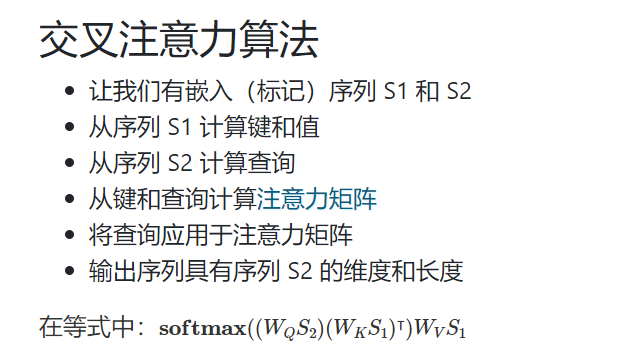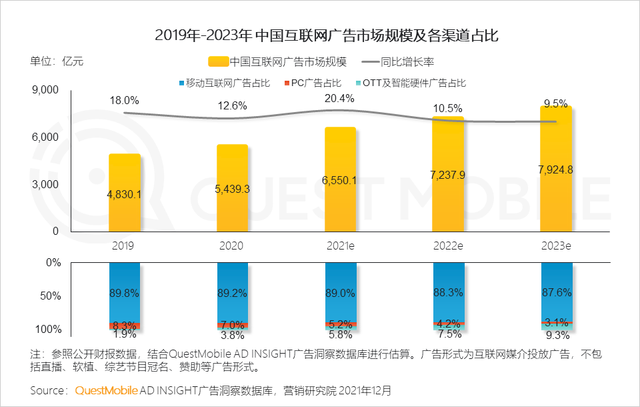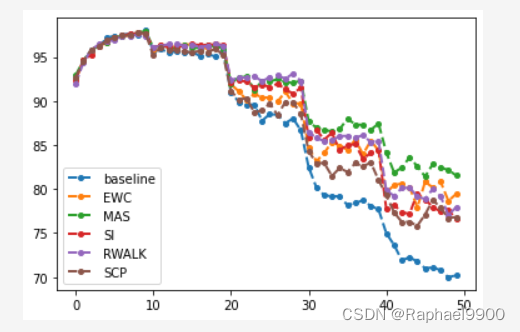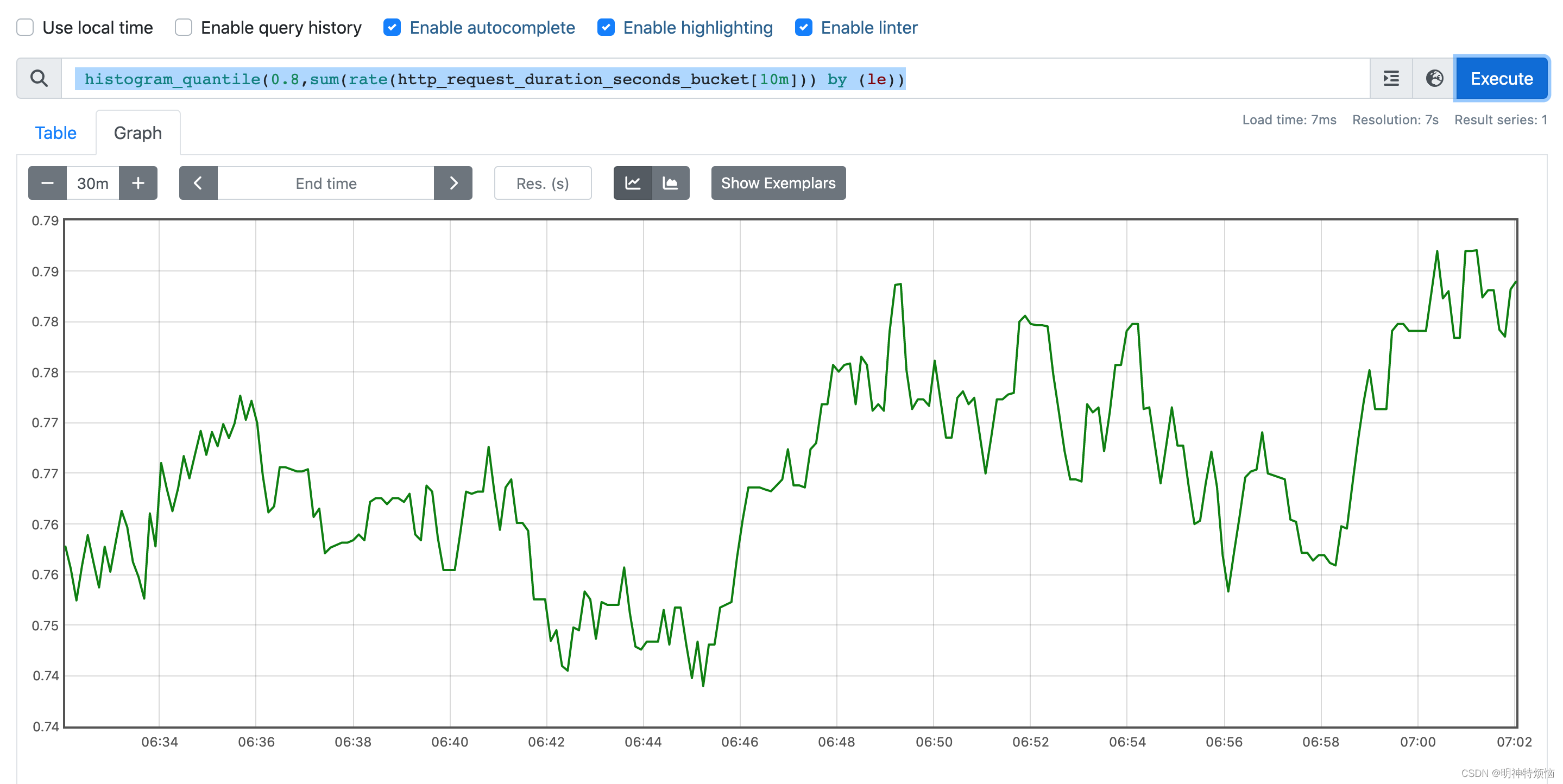
选自TE20221217,leaders
The global economy:Sapped of vitality
世界经济:生机已被耗尽
Why are the rich world’s politicians giving up on economic growth?
为什么发达国家的政客们不再追求经济增长目标?

The prospect of recession might loom over the global economy today, but the rich world’s difficulties over growth are graver still. The long-run rate of growth has dwindled alarmingly, contributing to problems including stagnant living standards and fulminating populists. Between 1980 and 2000, GDP per person grew at an annual rate of 2.25% on average. Since then, the pace of growth has sunk to about 1.1%.
如今,经济衰退的前景似乎已经笼罩全球经济,但发达国家经济增长的困难尤为严重。长期增长率呈下降之势,令人担忧,并引发生活水平停滞以及民粹主义者猛烈抨击等问题。1980至2000年间,人均GDP年平均增速为2.25%。自那以后,增幅下降到1.1%左右。
Although much of the slowdown reflects immutable forces such as ageing, some of it can be reversed. The problem is that reviving growth has slid perilously down politicians’ to-do lists. Their election manifestos are less focused on growth than before, and their appetite for reform has vanished.
尽管经济放缓在很大程度上反映了老龄化等不可抗拒因素,但其中一些是可以逆转的。问题在于,复苏增长已经危险地从政客们的待办事项列表中悄然消失。他们的选举宣言不再像以前那样关注经济增长,他们已经不再渴望改革。
The latter half of the 20th century was a golden age for growth. After the second world war a baby boom produced a cohort of workers who were better educated than any previous generation and who boosted average productivity as they gained experience. In the 1970s and 1980s women in many rich countries flocked into the workforce. The lowering of trade barriers and the integration of Asia into the world economy later led to much more efficient production. Life got better. In 1950 nearly a third of American households were without flush toilets. By 2000 most had at least two cars.
20世纪下半叶是经济增长的黄金时期。二战后的婴儿潮造就了一批比以往任何一代都受过更好教育的工人,随着经验的积累,他们的平均生产率不断提高。在20世纪70~80年代,许多富裕国家的女性涌入劳动力市场。贸易壁垒的降低以及亚洲与世界经济的一体化导致了后来更高效的生产。生活变好了。1950年,近三分之一的美国家庭连抽水马桶都没有。到2000年,大多数美国家庭拥有超过两辆汽车。

Many of those growth-boosting trends have since stalled or gone into reverse. The skills of the labour force have stopped improving as fast. Ever more workers are retiring, women’s labour-force participation has flattened off and little more is to be gained by expanding basic education. As consumers have become richer, they have spent more of their income on services, for which productivity gains are harder to come by. Sectors like transport, education and construction look much as they did two decades ago. Others, such as university education, housing and health care, are lumbered with red tape and rent-seeking.
此后,这些提振经济的趋势许多已经陷入停滞甚至出现逆转。劳动力技能快速提高的时代结束了。越来越多的工人进入退休期,女性劳动力参与率趋于平缓,扩大基础教育也无法获得更多的好处。随着消费者越来越富有,他们将更多的收入花在服务上,而这些服务的生产率提高就更难实现了。交通、教育和建筑等行业看起来和20年前差不多。其它的,如大学教育,住房和医疗保健,被繁文缛节和寻租所拖累。
Ageing has not just hurt growth directly, it has also made electorates less bothered about GDP. Growth most benefits workers with a career ahead of them, not pensioners on fixed incomes. Our analysis of political manifestos shows that the anti-growth sentiment they contain has surged by about 60% since the 1980s. Welfare states have become focused on providing the elderly with pensions and health care rather than investing in growth-boosting infrastructure or the development of young children. Support for growth-enhancing reforms has withered.
老龄化不仅直接损害了经济增长,还降低了选民对GDP的担忧。增长对有职业前景的员工最有利,而不是只有固定收入的养老金领取者。我们对政治宣言的分析表明,自20世纪80年代以来,这些宣言所包含的反增长情绪以大约60%的速度激增。福利国家已经开始专注于为老年人提供养老金和医疗保健,而不是投资于促进增长的基础设施或培养下一代。人们已经不再支持促进增长的改革。
Moreover, even when politicians say they want growth, they act as if they don’t. The twin problems of structural change and political decay are especially apparent in Britain, which since 2007 has managed annual growth in GDP per person averaging just 0.4%. Its failure to build enough houses in its prosperous south-east has hampered productivity, and its exit from the European Union has damaged trade and scared off investment. In September Liz Truss became prime minister by promising to boost growth with deficit-financed tax cuts, but succeeded only in sparking a financial crisis.
此外,即使政客们口头上说希望经济增长,他们的行为似乎口是心非。结构变化和政治腐败的双重问题在英国尤为明显,自2007年以来,英国的人均GDP年增长率仅为0.4%。它未能在繁荣的东南部建造足够多的住房,这影响了生产力,而它退出欧盟损害了贸易,吓跑了投资。9月,特拉斯(Liz Truss)当选英国首相,承诺通过削减赤字来刺激经济增长,但最终却引发了一场金融危机。
Ms Truss fits a broader pattern of failure. President Donald Trump promised 4% annual growth but hindered long-term prosperity by undermining the global trading system. America’s government introduced 12,000 new regulations last year alone. Today’s leaders are the most statist in many decades, and seem to believe that industrial policy, protectionism and bail-outs are the route to economic success. That is partly because of a misguided belief that liberal capitalism or free trade is to blame for the growth slowdown. Sometimes this belief is exacerbated by the fallacy that growth cannot be green.
特拉斯符合一个更广泛的失败模式。美国前总统特朗普承诺每年增长4%,但却破坏了全球贸易体系,阻碍了长期繁荣。仅去年一年,美国政府就出台了1.2万项新法规。今天的领导人是几十年来中央集权的最忠实信徒,他们似乎相信产业政策、贸易保护主义和救市是经济成功的必由之路。部分的原因是他们的信念被误导,认为自由资本主义或自由贸易是增长放缓的罪魁祸首。有时候,这种信念再加上增长必须以牺牲环境为代价的谬论,更是雪上加霜。

In fact, demographic decline means that liberal, growth-boosting reforms are more vital than ever. These will not restore the heady rates of the late 20th century. But embracing free trade, loosening building rules, reforming immigration regimes and making tax systems friendly to business investment may add half a percentage point or so to annual per-person growth. That will not put voters in raptures, but today’s growth is so low that every bit of progress matters—and in time will add up to much greater economic strength.
事实上,人口减少意味着思想开明的、促进增长的改革比以往任何时候都更加重要。这些都不会将利率恢复到20世纪后期令人兴奋的水平。但是拥抱自由贸易,放宽建筑法规,改革移民制度,使税收制度有利于商业投资,可能会带来0.5个百分点左右的人均年增长。这不会让选民欣喜若狂,但今天的增长率如此之低,以至于每一点进步都很重要,而且随着时间的推移,这些进步将形成更强大的经济实力。
Unless they embrace growth, rich democracies will see their economic vitality ebb away and will become weaker on the world stage. Once you start thinking about growth, wrote Robert Lucas, a Nobel-prizewinning economist, “it is hard to think about anything else”. If only governments would take that first step.
除非富裕的民主国家拥抱增长,否则它们的经济活力将逐渐衰退,在世界舞台上也将变得越来越无足轻重。诺贝尔经济学奖得主罗伯特·卢卡斯(Robert Lucas)写道,一旦你开始考虑增长,“就很难再去想别的了。”如果政府能迈出第一步就好了。


















